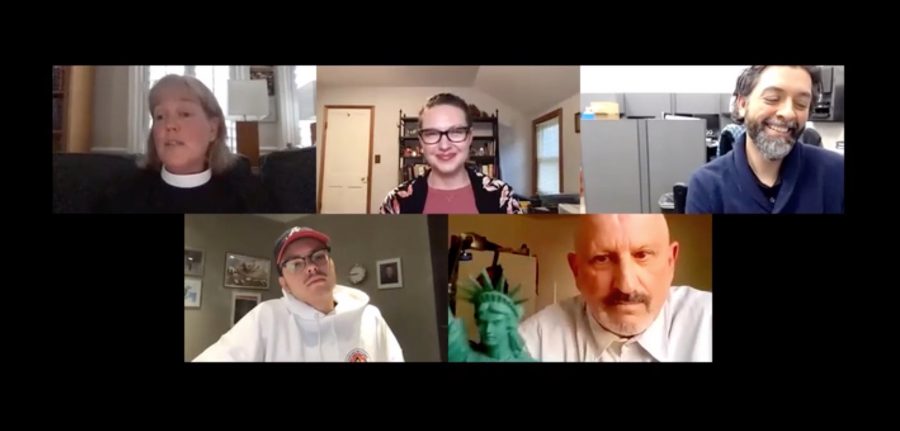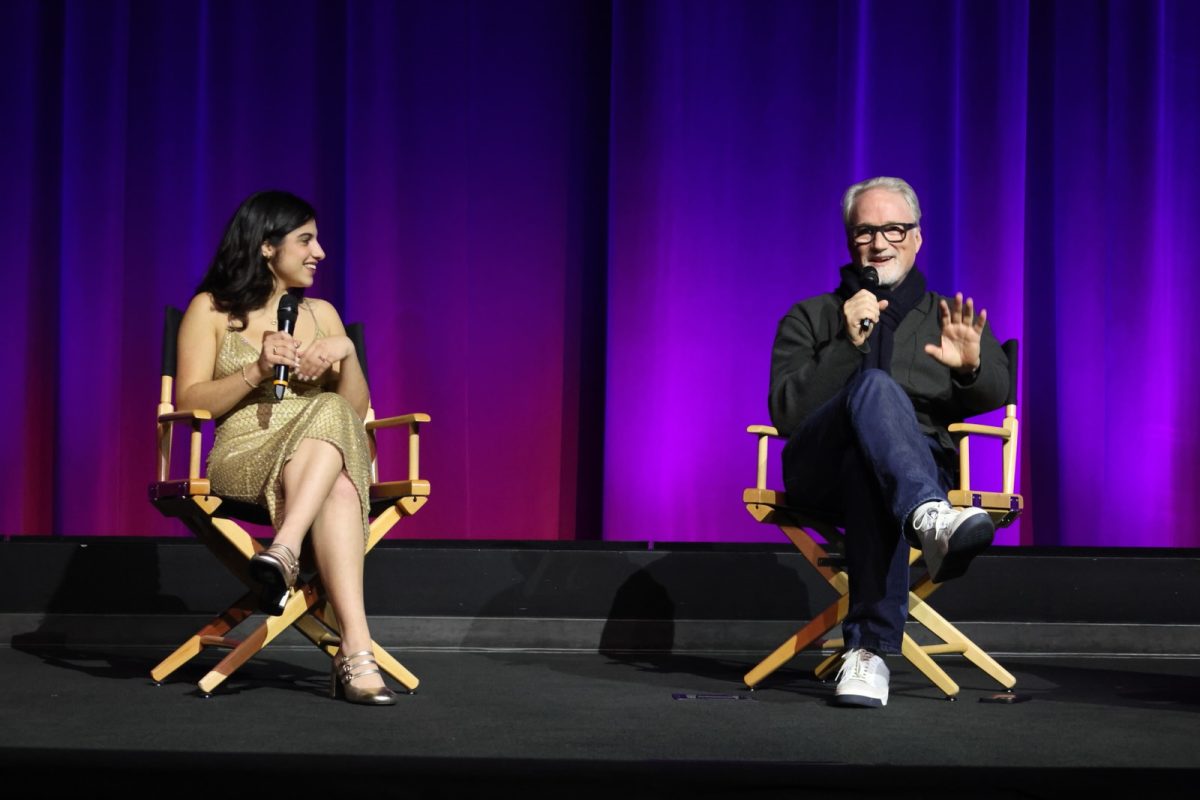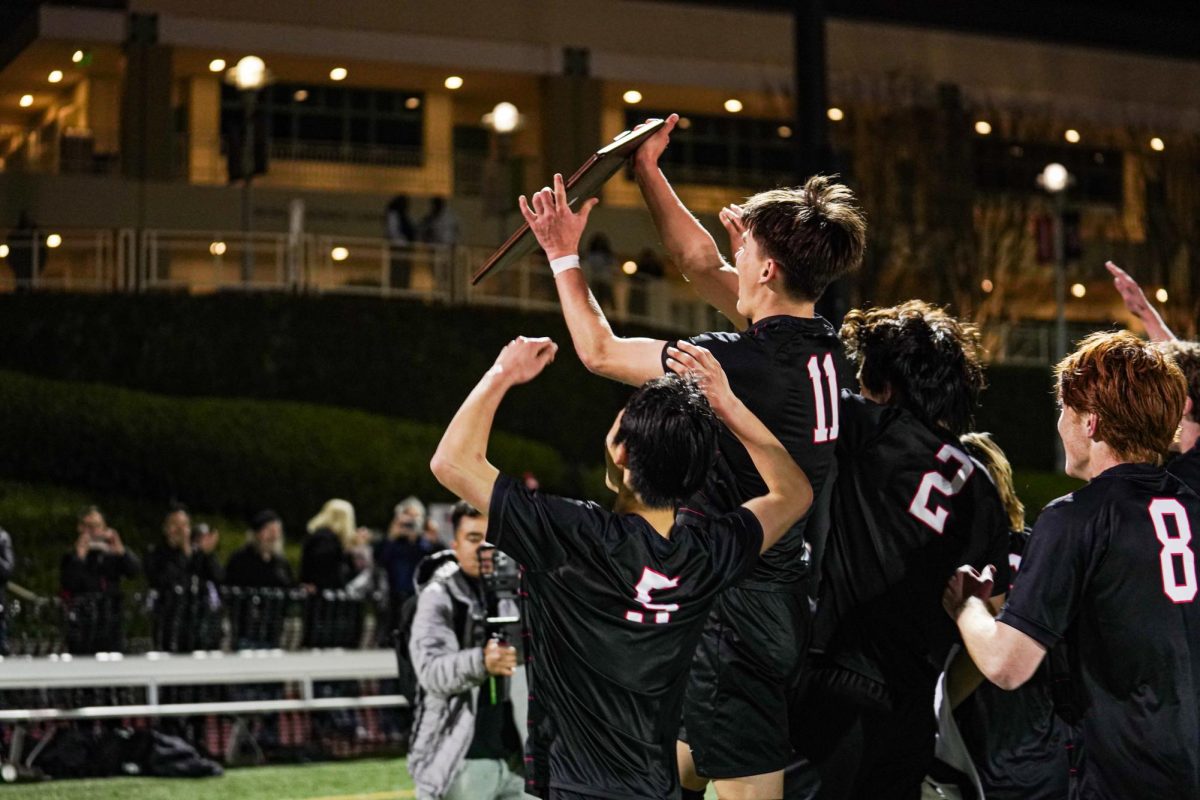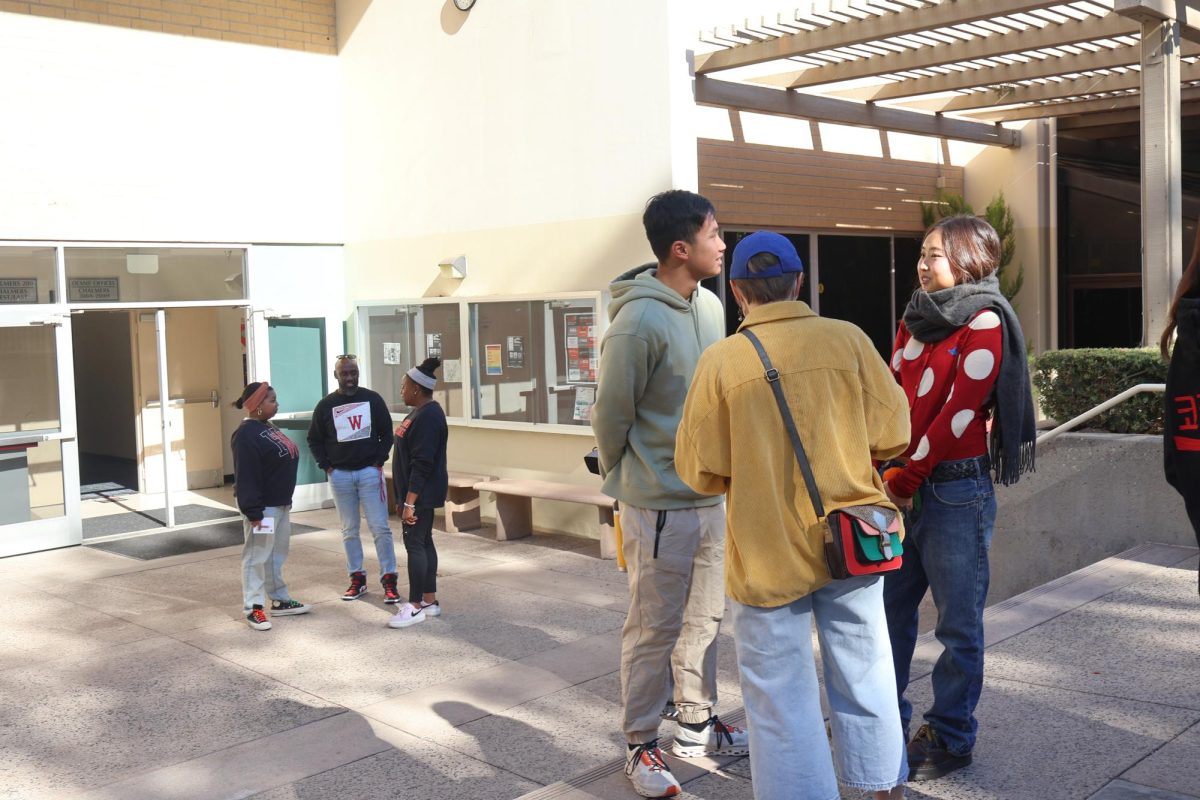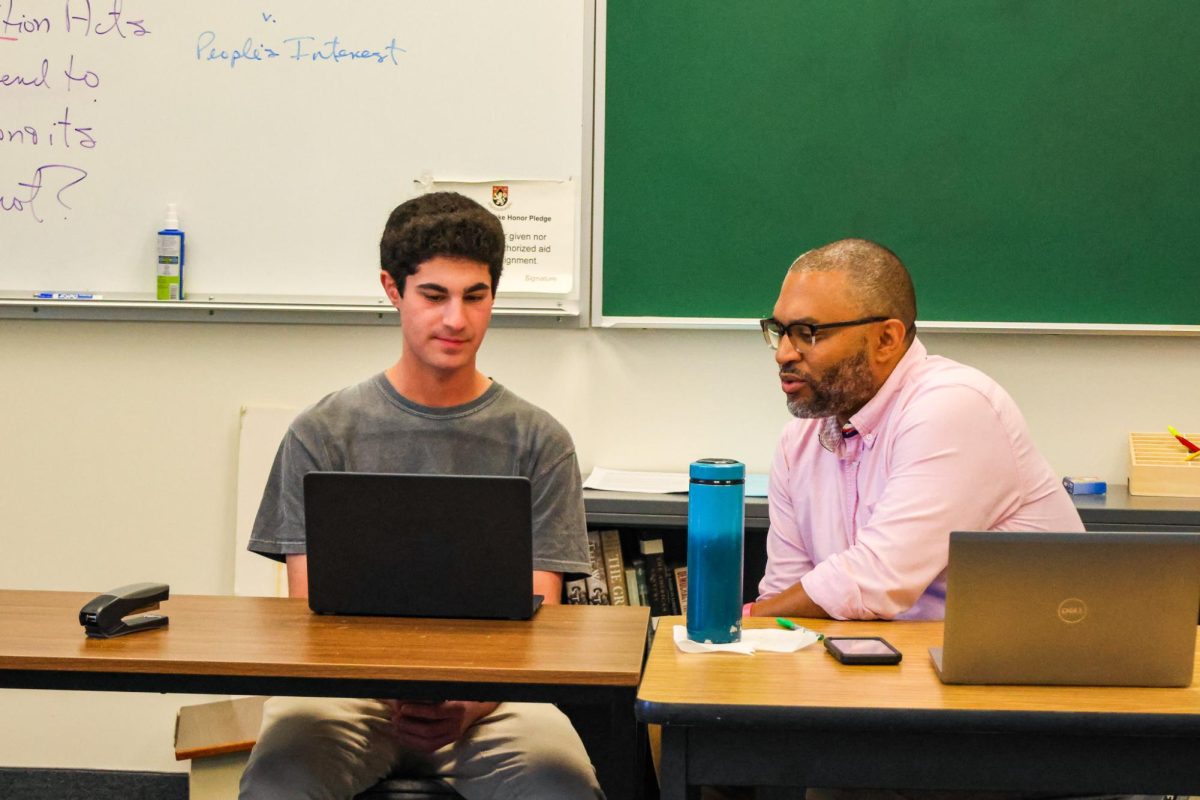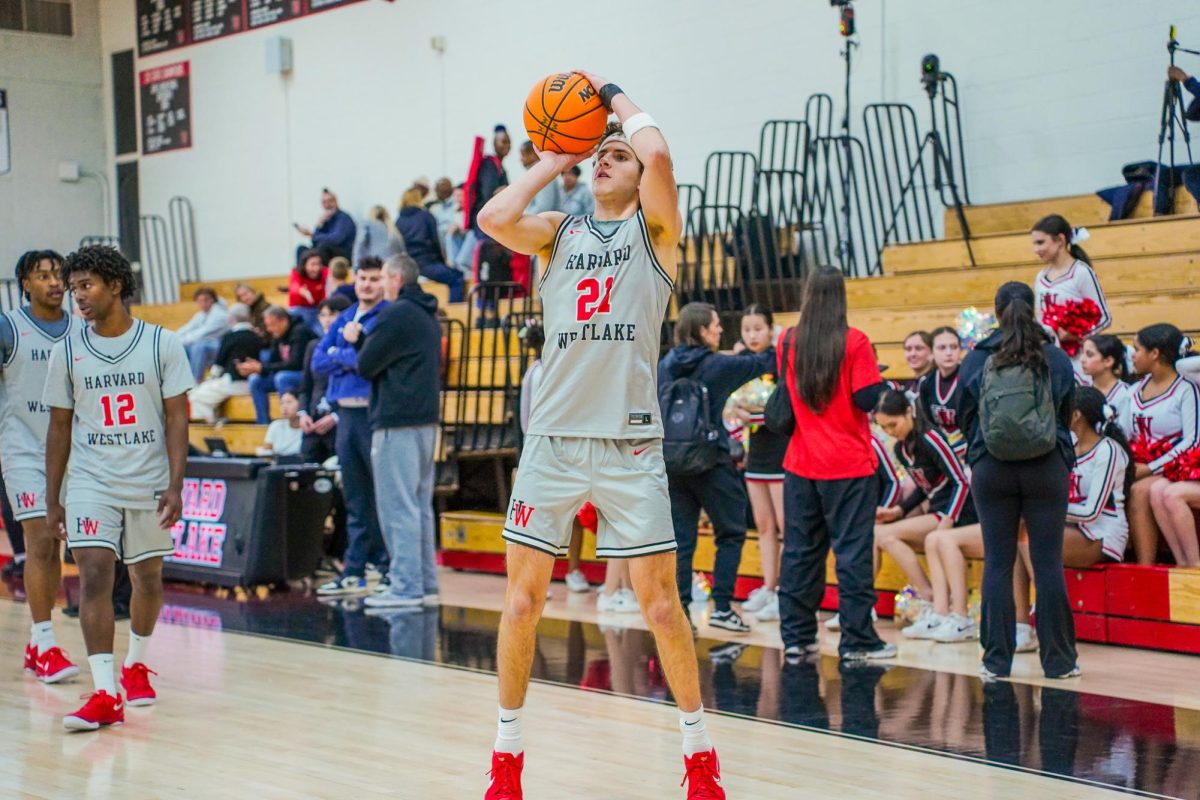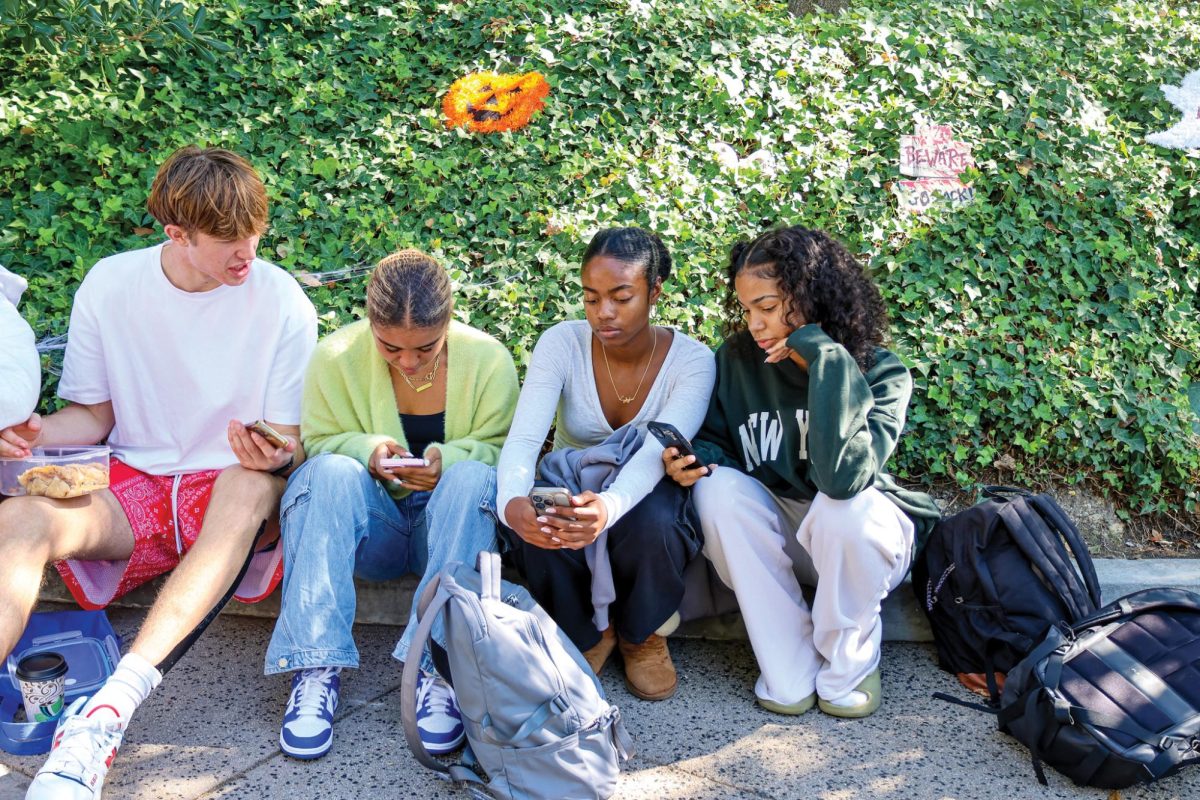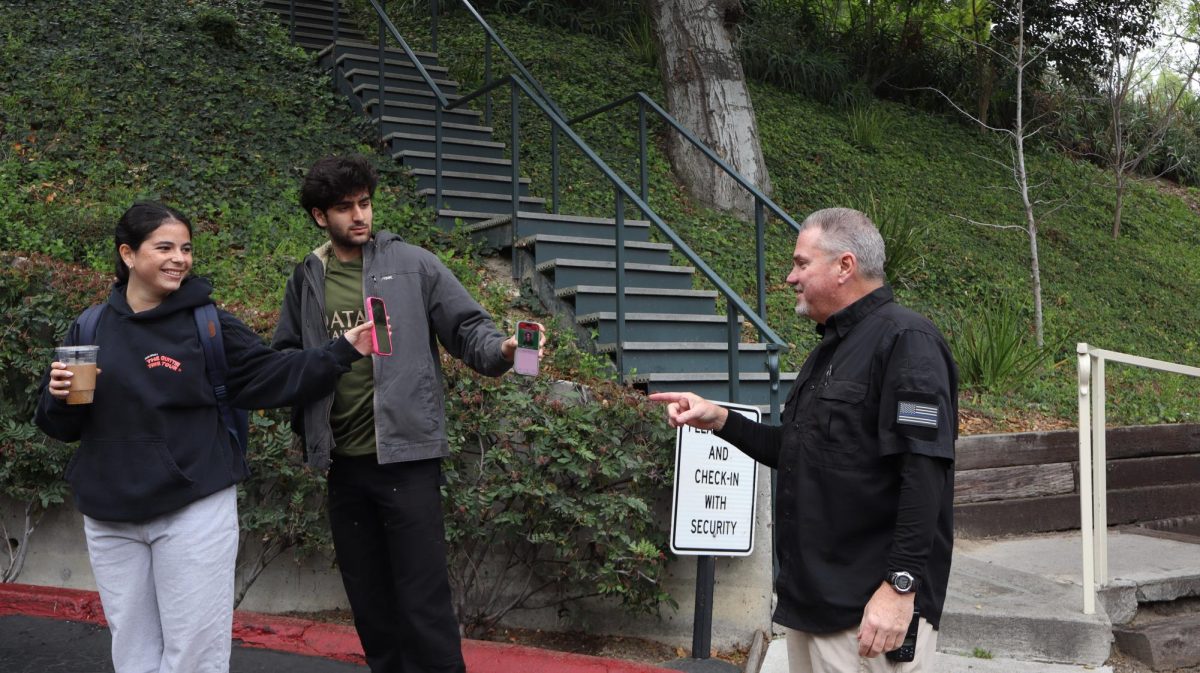In honor of Veterans Day, faculty members shared their military experiences through an online webinar Nov. 10, followed by a Q&A panel moderated by Chaplain Anne Gardner and Community Time Planning Committee member Daniel Novikov ’21.
Personal Computer Support Specialist Justin Benson, History Teacher Sandra Brasda and Performing Arts Designer Alex Kolmanovsky spoke in the webinar.
Gardner gave an introduction on the importance of maintaining a community during the pandemic and shared her experience of having a father who served in the military.
Justin Benson – Marine Corps
Benson said he considered joining the military after a former Marine Corps recruiter suggested the path for him.
“He gave me enough of the nudge I needed,” Benson said. “So I took the opportunity and enlisted two weeks later.”
Benson said he had a successful military occupational specialty setting up networks and forwarding locations in avionics.
“As you get deeper into basic training with your squad-mates, you all start thinking on the same cues, moving on the same sounds—you become part of a collective,” Benson said. “It’s impressive.”
After the Marines, Benson moved to San Diego and took a hiatus from information technology.
“If not for that soft landing in San Diego with that mellow-beach friendliness, I don’t know how great of a re-entry it would’ve been,” Benson said. “It helped me find that softer part of life that I had forgone in the Marines.”
Sandra Brasda – Air Force
Brasda said she was inspired to join the United States Air Force after the events of 9/11.
“I couldn’t stick my head in the sand and pretend like nothing happened,” Brasda said. “I felt a deep calling to do something, and for me, that was the Air Force.”
Upon entering the military, Brasda went to Texas for basic training, which she described as both mentally and physically exhausting.
“They break you down, and then they build you up,” Brasda said. “You learn who you are, where your limits are and how to push yourself farther.”
Brasda encouraged students to serve their communities, whether it be through the military, community service or a different means.
“Everyone should learn there are things bigger than you and how to give back,” Brasda said. “I don’t regret a single moment of my decision and would do it all again in a heartbeat.”
Alex Kolmanovsky – Army
Kolmanovsky immigrated from the Soviet Union to the U.S. in 1977 after he was imprisoned for declining to serve in the Red Army. Kolmanovsky said these events inspired him to enlist in the U.S Army.
“I knew the Soviet Union would always be a problem, and I wanted to do my part,” Kolmanovsky said.
Kolmanovsky became a squad leader and served in the line unit patrolling the German border. He said his squad-mates persecuted him for his Russian heritage.
“Being an ex-Soviet citizen in the U.S Army, it created a lot of interest, confusion and problems,” Kolmanovsky said. “They would really find your pain points and try to push you.”
Kolmanovsky said he adapted to life after the Army without too much difficulty.
“Those few years I spent as a killer are different from who I really am,” Kolmanovsky said. “Being in the military doesn’t preclude you from being an artist.”
After the webinar, students were emailed a video edited by Mathematics Teacher and Director of Instructional Technology Jeff Snapp that paid tribute to veterans within the greater school community.





























